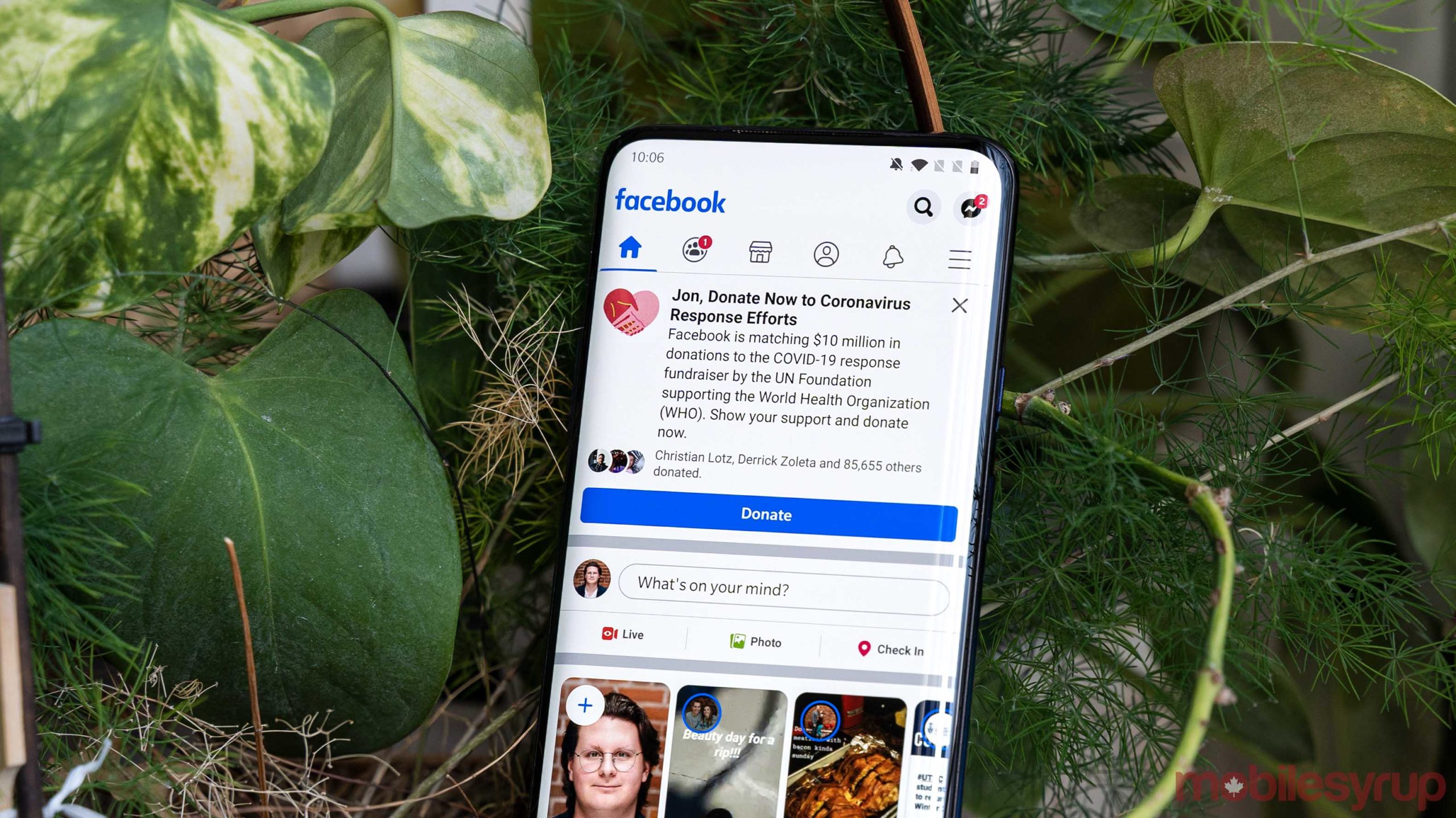
A bug in Facebook’s anti-spam system led to several legitimate articles about coronavirus and COVID-19 being marked as spam.
As noted by The Verge, along with several Twitter users, Facebook’s anti-spam system went haywire. Several people who shared posts from well-known publications received messages that those posts violated Facebook’s spam standards.
Former Facebook chief security officer (CSO) Alex Stamos tweeted about the issue. According to Stamos, Facebook’s machine learning program was “going nuts with less human oversight” thanks to the social network choosing to send home content moderators. Due to privacy commitments the company made, content moderators typically can’t work remotely.
We're on this – this is a bug in an anti-spam system, unrelated to any changes in our content moderator workforce. We're in the process of fixing and bringing all these posts back. More soon.
— Guy Rosen (@guyro) March 17, 2020
However, Facebook’s vice president of integrity, Guy Rosen, responded to Stamos, saying the actual cause was a “bug in an anti-spam system,” and has nothing to do with changes in the number of content moderators. Further, Rosen says Facebook has now fixed the issue and restored the affected posts.
Additionally, Rosen notes that the company restored other posts affected by the bug and not just those related to the COVID-19 outbreak.
We’ve restored all the posts that were incorrectly removed, which included posts on all topics – not just those related to COVID-19. This was an issue with an automated system that removes links to abusive websites, but incorrectly removed a lot of other posts too.
— Guy Rosen (@guyro) March 18, 2020
Finally, Rosen also clarified the cause of the issue. The bug in question was with an automated system designed to remove links from abusive websites. However, the bug caused the system to remove several other posts as well.
Considering the social media company committed to keeping misinformation about coronavirus off of its website, the bug comes at a time when doing so is more critical than ever. Hopefully similar bugs don’t let misinformation sneak onto the platform.
MobileSyrup may earn a commission from purchases made via our links, which helps fund the journalism we provide free on our website. These links do not influence our editorial content. Support us here.


